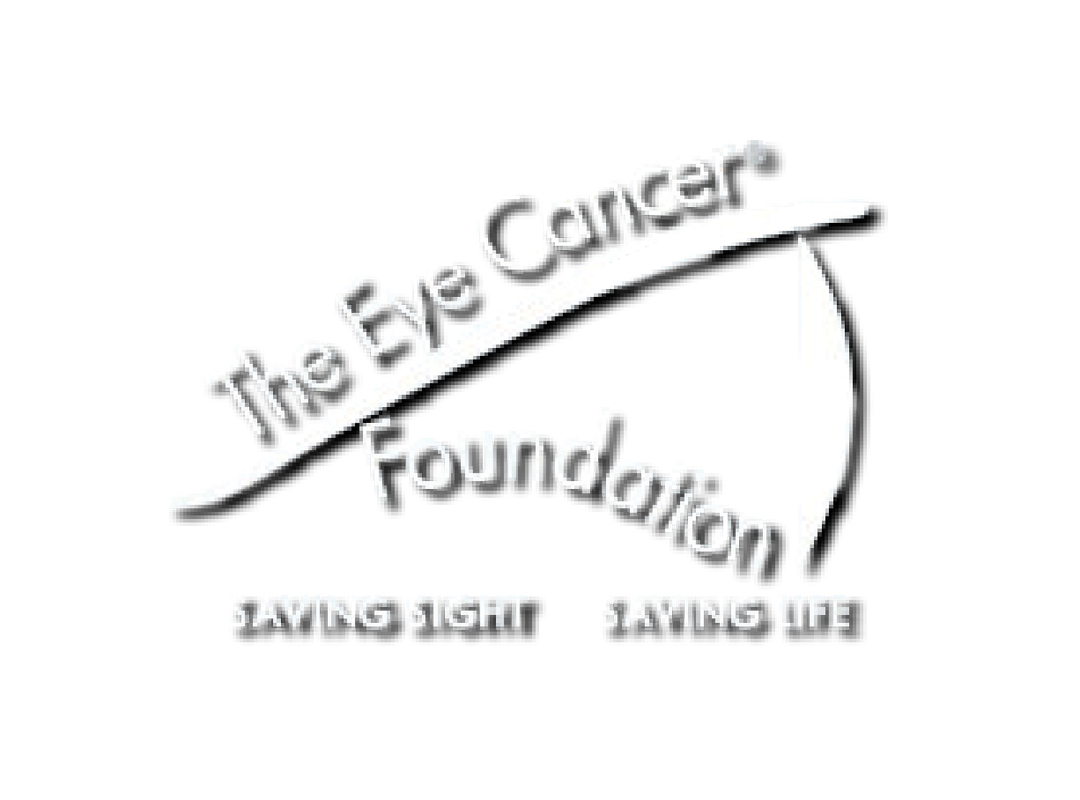The ECF Recognizes Recently Published Research on Management and Outcomes of Unilateral Group D Tumors in Retinoblastoma
January 15, 2021 - In a recent study published in Clinical Ophthalmology, eye care specialists examined conservative routes of treatment for group D retinoblastoma patients. As its classification suggests, group D tumors are more advanced in form. In developing countries particularly, this equates to more aggressive forms of treatment. Enucleation, an otherwise last resort, becomes the optimal modality of care.
Through the study, both conservative and non-conservative methods of treatment were assessed retrospectively. In treating this advanced form comes a two-fold goal of not only saving the life of the patient, but also globe salvage. With more chemotherapeutic-based treatments becoming available, however, specialists have been able to take more targeted approaches to care. Their efficacy was measured up against the more aggressive enucleation.
The study found certain conservative forms of treatment to be effective; particularly, intra-arterial chemotherapy. In some cases this could mean preserving navigational vision at the least. This conclusion, however, is met with challenges. Each retinoblastoma case is different from the next. Many outside factors pose additional variance in the care patients receive. Ocular oncologists around the world display varying degrees of expertise and the community lacks universal guidelines for treating these complex cases. In turn, the more conservative methods of care are reserved for proper circumstances.
Among the doctors involved in the study stands Dr. Saima Amin, a past Eye Cancer Foundation fellow. Originally from Pakistan, Dr. Amin completed her six-month fellowship in ocular oncology and retinoblastoma under Dr. Yacoub Yousef at King Hussein Cancer Center in Amman, Jordan. We are grateful for the research she has and will continue to contribute to the field.
Through the study, both conservative and non-conservative methods of treatment were assessed retrospectively. In treating this advanced form comes a two-fold goal of not only saving the life of the patient, but also globe salvage. With more chemotherapeutic-based treatments becoming available, however, specialists have been able to take more targeted approaches to care. Their efficacy was measured up against the more aggressive enucleation.
The study found certain conservative forms of treatment to be effective; particularly, intra-arterial chemotherapy. In some cases this could mean preserving navigational vision at the least. This conclusion, however, is met with challenges. Each retinoblastoma case is different from the next. Many outside factors pose additional variance in the care patients receive. Ocular oncologists around the world display varying degrees of expertise and the community lacks universal guidelines for treating these complex cases. In turn, the more conservative methods of care are reserved for proper circumstances.
Among the doctors involved in the study stands Dr. Saima Amin, a past Eye Cancer Foundation fellow. Originally from Pakistan, Dr. Amin completed her six-month fellowship in ocular oncology and retinoblastoma under Dr. Yacoub Yousef at King Hussein Cancer Center in Amman, Jordan. We are grateful for the research she has and will continue to contribute to the field.


